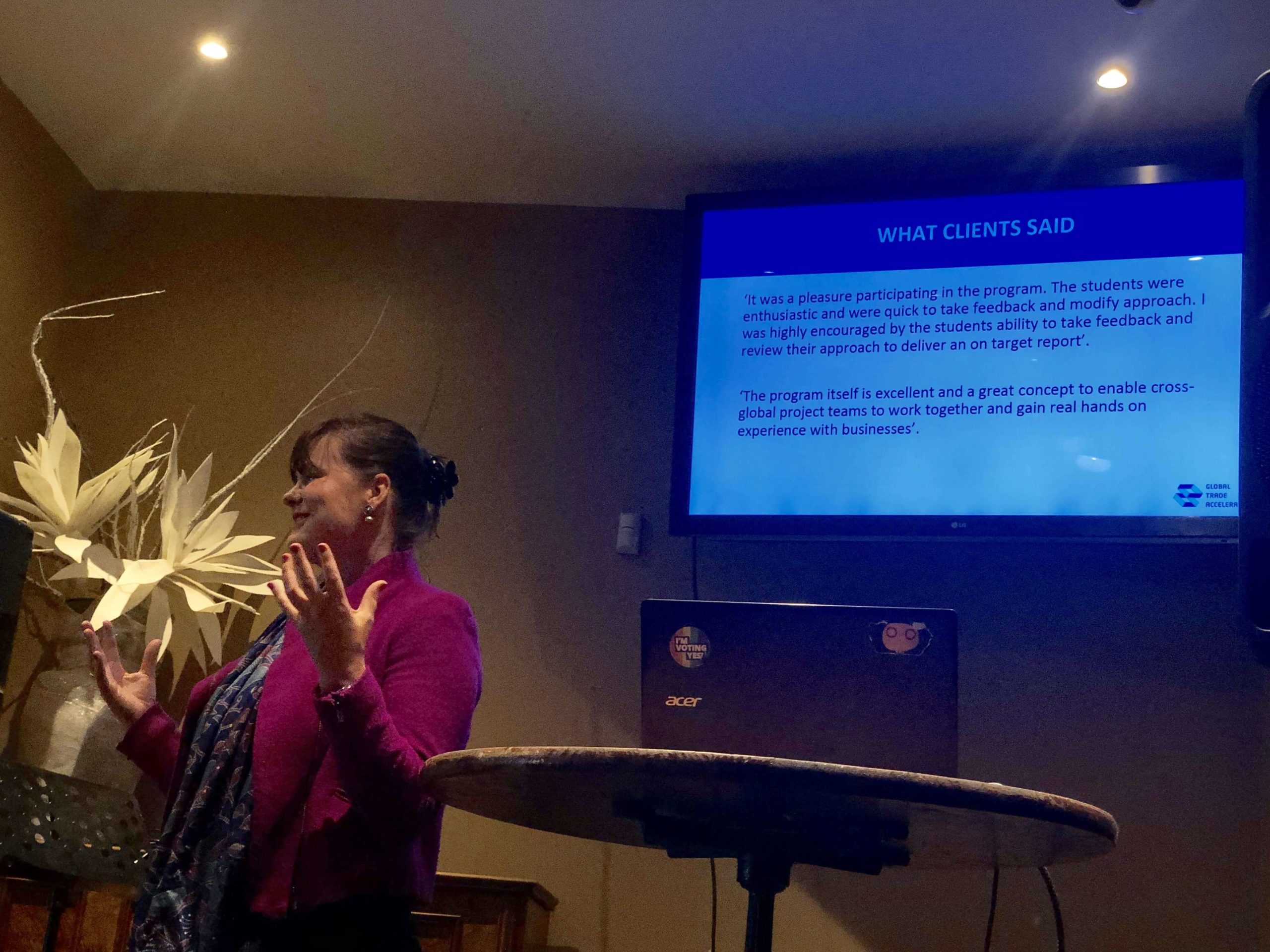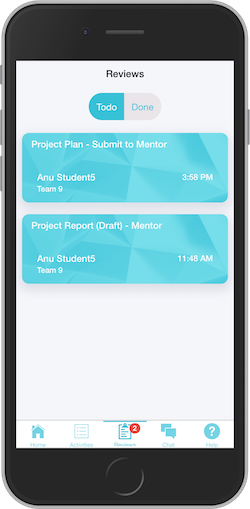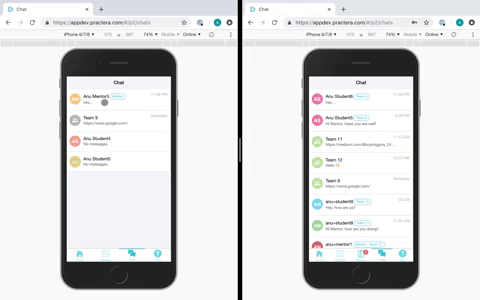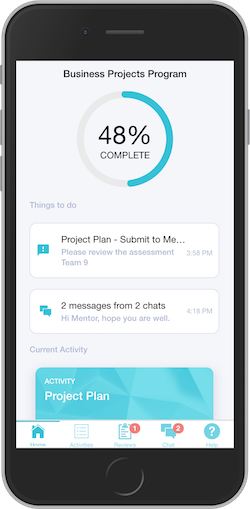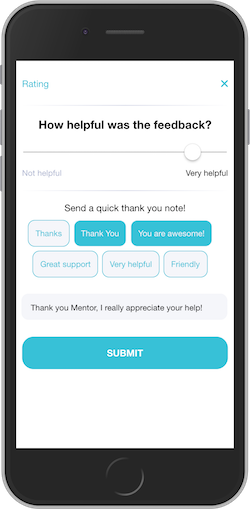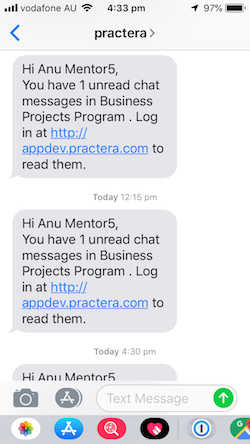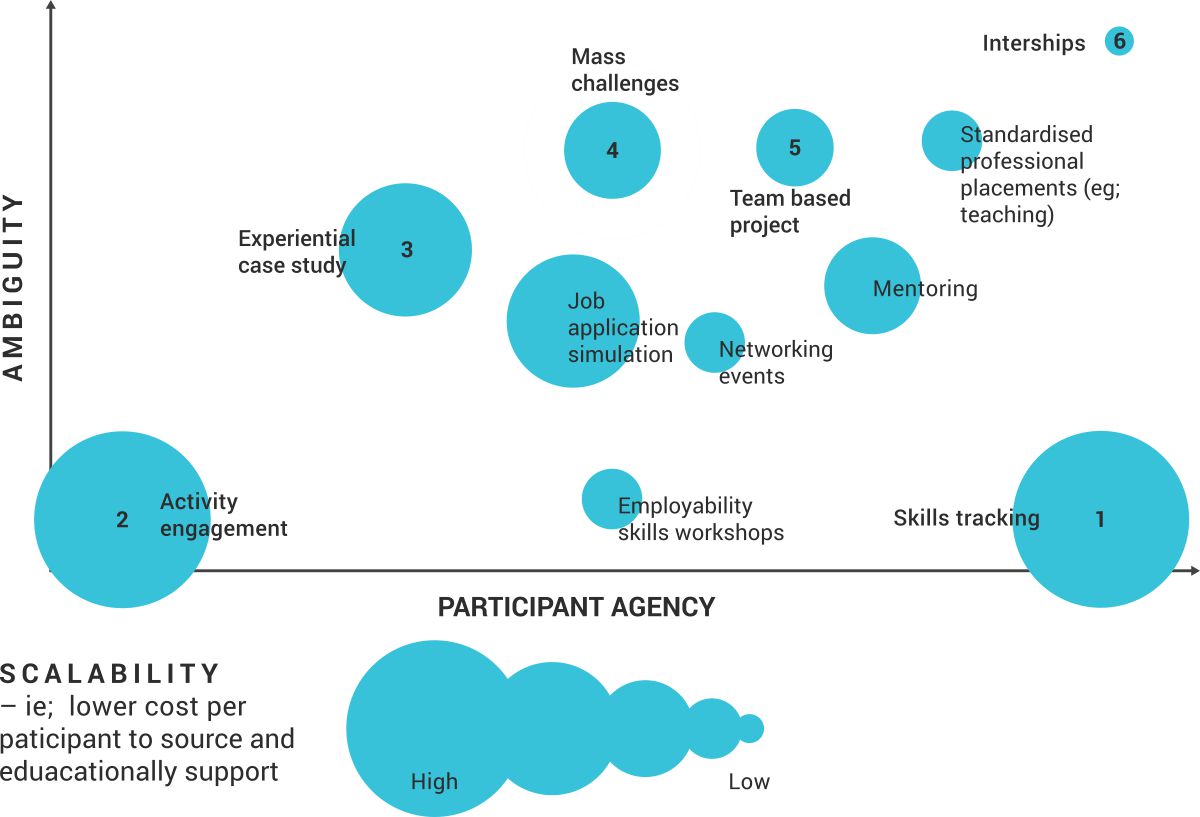With the University year commencing around the country, now is a great time to consider how engaging with students in 2019 could add value to your business.
With some 2 million students in some form of tertiary education in Australia, employers of any size have access to a diverse, skilled pooled of talent from Australia and around the world – hungry for real world experience to augment and enhance their study.
A vast range of University, Government and private sector programs are available for employers to engage with as students undertake projects, internships and placements as part of their educational program. Many of these are at no or low cost.
Study Gold Coast’s Talent for Business Growth works with local employers of all sizes to help identify business needs, connecting them with work integrated learning programs offered by local Universities. Gold Coast Airport (GCA), a subsidiary company of Queensland Airports Limited (QAL) is a partner that has joined the program to be recognised for their student engagement and encourage other businesses to leverage the student talent that is readily available on the Gold Coast.
Beau Tydd, QAL General Manager Technology & Innovation explained QALs commitment. “At QAL, we believe that our strong engagement with the university sector is a key to our community and social responsibility core value. We are proud to be a major contributor and sponsor to industry led events, developing an innovative workforce placement program and undertaking industry leading proof of concepts projects.
QAL operates a 7 stage program engaging high school & tertiary students, graduates and its own employees. One of these programs is a project based internship, now in its second year. Students have worked on a diverse range of projects including engineering design modelling, marketing plans, financial analytics, compliance reviews and social media communications.
Internship students have helped QAL stay in touch with current trends, methods and approaches, bring fresh ideas, perspectives and energy and many have developed into committed employees. 100 % of our first internship cohort gained employment, and 33 % of those were with QAL / GCA itself.”
As one those students, Lauren was in the final stages of completing her double degree in Bachelor of Business / Psychological Science (Human Resources) at Griffith University. To finalise her study program, she commenced a part time internship with Queensland Airports Limited (QAL), where she worked alongside the HR team on numerous projects. Additionally, Lauren was also tasked with her own project which was to research best practice and review current Induction & onboarding programs. The first phase recommendations have been implemented, with the remaining suggestions continuing to inform the current redevelopment of these programs. At the end of her internship, Lauren was offered and accepted a position within the Gold Coast Airport (GCA) Assets team.
Over just the past 3 weeks, more than 1000 diverse, global, talented students from Cairns to Adelaide, from more than 20 Universities and other providers, have been busily working on projects for more than 100 large and small business, Government and community organisations in structured programs facilitated by our platform, Practera.
They’re working in Government or University programs to help busy managers tackle those value add projects that they haven’t quite got the time to do. Programs vary in commitment and intensity. Less experienced staff mentor the team to gain management experience. Programs vary in intensity and levels of input from all sides – from short virtual, online projects to full 12 week internships.
Rick Martin of Billabong Jerky participated in a 2 week, virtual program, the Global Trade Accelerator. Funded by the Study NSW Partner Projects program and supported by Austrade, Export Council of Australia and the Global Trade Professionals Alliance, international students are formed into virtual teams to tackle market research briefs. Two teams of UNSW students examined two Asian markets to assess potential receptiveness for Rick’s products. Both reports exceeded his expectations.
“For our small company it does have real value, especially in the very initial investigations into a new market. The students obviously have access to some good databases and both reports turned up some interesting information we were not expecting. Following the information we received in both reports we will not be pursuing one market. The report saved us time and money investigating the market ourselves. Conversely the report on market 2 reinforced our perceptions so we will concentrate on this market. I would certainly recommend participation in the program for anyone looking for initial assessments of any export markets they might be considering. The reports definitely provided some good information to build our export investigation on. I hope the students received valuable practical experience sourcing, collating and presenting real data and information on real market research with real consequences for the recipient”.
Large corporates like Allianz, Bupa and Bank SA work systematically with teams of international students on multicultural & millennial marketing. Innovative startups and exporters like Accelo and Casella research offshore markets. EY provides early career staff to mentor in programs to gain cross-cultural management experience. The City of Sydney, Victoria Police and Redfern Legal Centre continually test and improve their multi-cultural outreach and community services. Regional international education committees have adapted and run the program locally in locations like Cairns and Newcastle. Importantly, students like Cindy from the University of Sydney, Lauren from Griffith and Sharon from Western Sydney University have won internships and jobs through the program.
As well as supporting this ecosystem, our company is one of the beneficiaries. Over the past two years, more than 200 interns and student project team members have helped build our successful edtech startup, and more than half of our staff, including our Chief Product Officer, have come through these programs. The experience helped many others go onto secure their first or next role and even turn into customers of ours.
From our experience, here’s our top five tips to success.
1. Plan it out
When most managers agree to take on students in say an internship, they sometimes don’t stop to think about what the intern will actually do. They’re brought in as filler or an outsourcing outlet for their staff.
The best way to avoid this is to take half an hour (yes, that’s all it will take) and actually plan out both what you want the intern to do and — importantly — learn. This two way agreement can become the touchstone for the engagement.
The easiest way to manage this is to allocate the student to one project that they can work on with an existing team member for most of their placement. If your workplace isn’t project-based, the next best bet is to allocate the student to a team member as a mentor and manager to shadow in the workplace and set objectives for their contribution. Which, brings us to the next point.
2. Use student projects to train future managers
Chances are, your key managers will be too busy to take a student team under their wing. Fair enough.
More often than not, they don’t need to. Managing students on a project is actually an excellent task for future managers in your office, and can help you as a supervisor get a feel for whether or not they have management potential.
3. Promote feedback loops
The key to successful experiential learning — and benefit for both sides — is in the feedback loops.
The intern – like any employee, will learn faster and perform better if they’re asked to regularly reflect on what’s going well, what’s going less well and what is unclear, and given feedback.
Another benefit which seems obvious, but you would be surprised as to how many companies miss an opportunity to gather crucial, business-shaping feedback about their workplace from a fresh perspective.
An intern probably isn’t going to reshape your business model, but they can provide valuable, fresh insight into aspects of your business and culture.
Lead them towards giving you direct and candid feedback, reassure them that they won’t offend anyone with their views. Ask what they liked about the office culture? What did they really think about their manager?
It’s likely you will have to wade through a lot of inexperienced, mediocre answers. But one nugget could help you rethink how you approach culture, management structure and hiring at your company.
4. Follow the laws
This one’s a no-brainer right? However unfortunately in many instances the rules aren’t even known by employers. Quickly swotting up on the Fair Work rules can both mean you stay within the rules, but also that you know what is permitted and can set up very workable programs.
For instance, you cannot work as an unpaid intern for more than two full-time weeks. That can be spread out: two day a week over five weeks for instance. But if you start relying on your intern and bringing them on longer, consider employing them with casual work so you stay within the law.
5. Do it systematically – repeat and learn
Like any other business function – if you do things in an ad hoc manner, you don’t get better and you won’t add sustainable value. Any organisation has simple projects and tasks that wouldn’t otherwise get done, and people who’d benefit from developing their management skills. Over time you’ll get more efficient and more practiced at delivering a positive experience for all.
Managed well, work integrated learning can be incredibly rewarding for both students and employers. It isn’t just ‘free work’, it’s a process that has the potential to build business value and net you fantastic new hires.
Beau Leese is CEO and Co-founder of Practera. He is Study Queensland’s Education innovator in residence and is speaking today at the Study Gold Coast Employability Summit.
